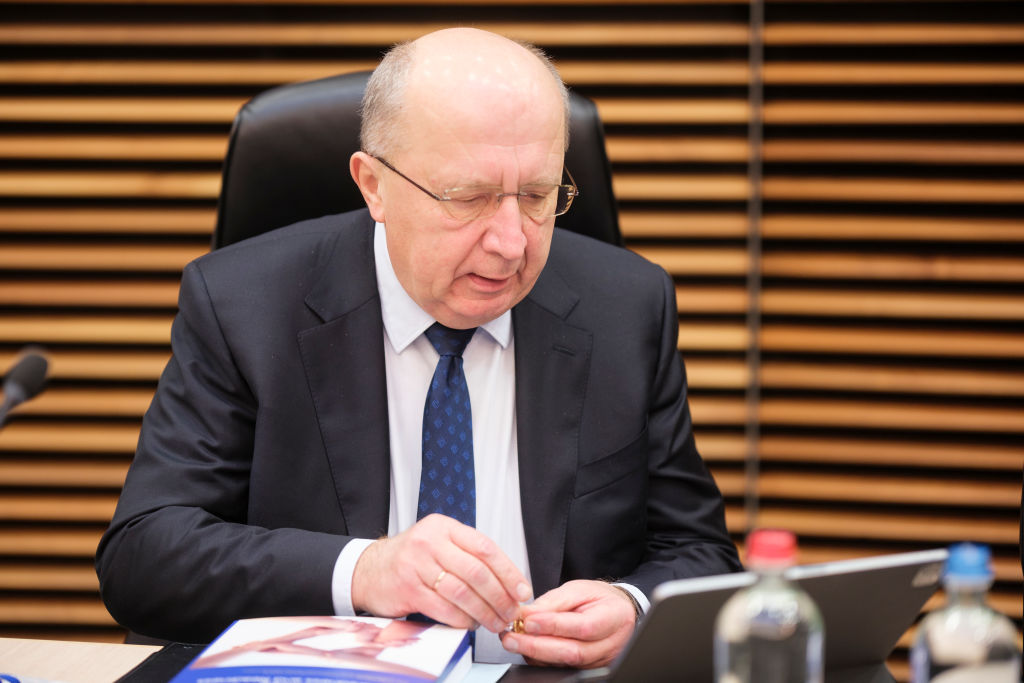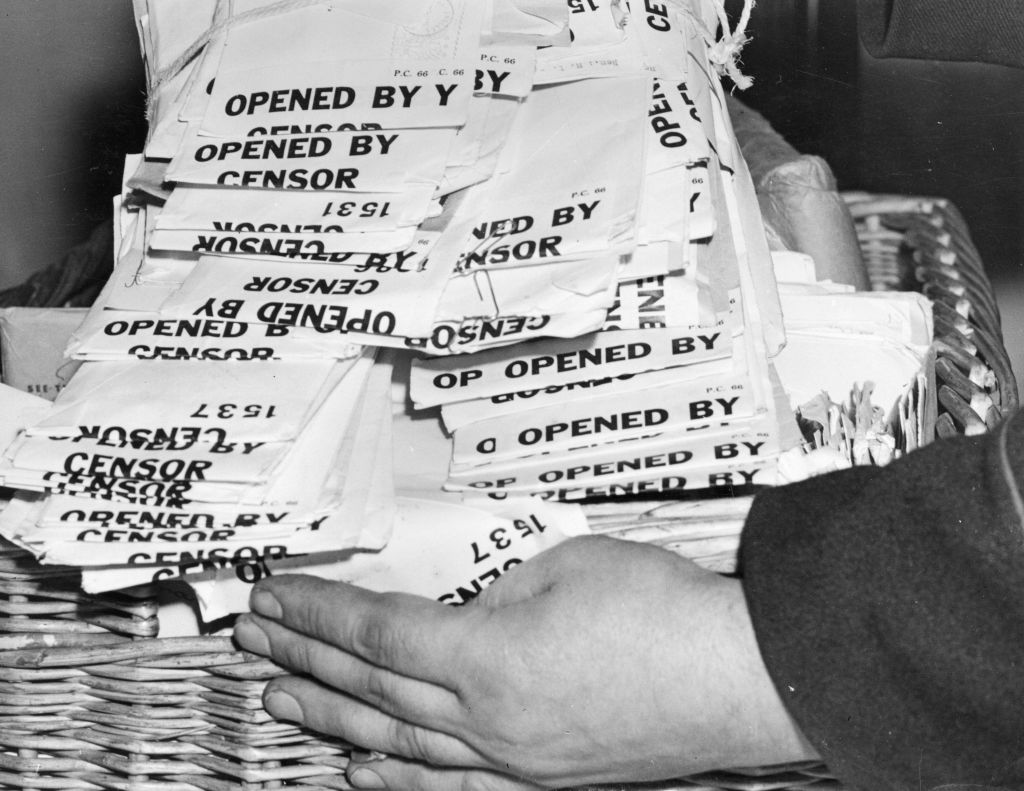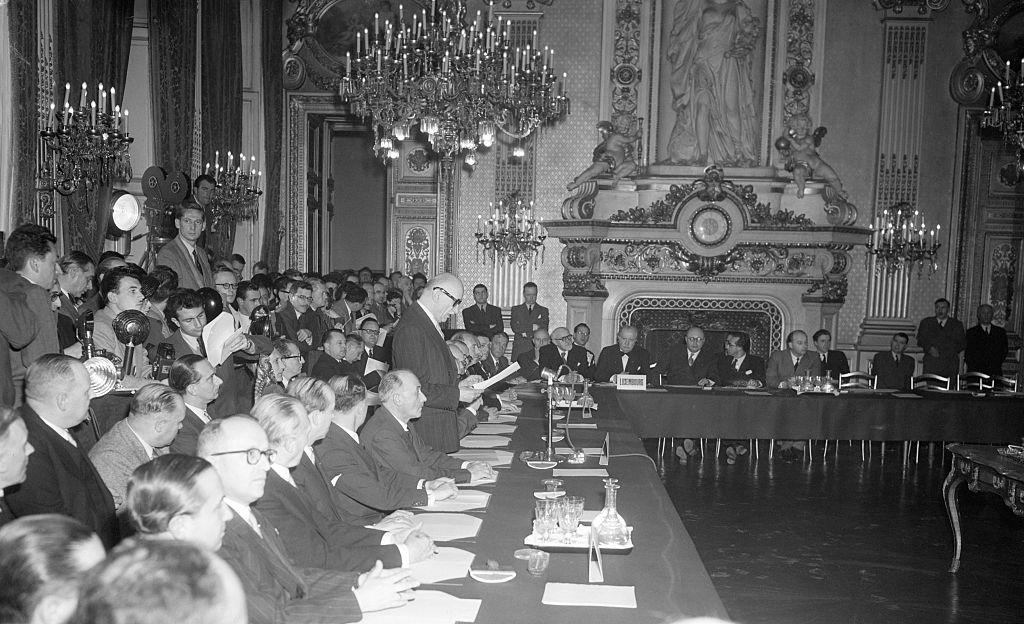The European Commission finds itself in a bit of a pickle. Repayments on €300 billion in pandemic relief grants are scheduled to begin in 2028, but its hope that this obligation would engender additional sources of revenue has yet to be fulfilled. The commission intended to claim money from the Emissions Trading Scheme, the Carbon Border tax and a new tax on the corporate profits but has met stiff resistance from member states. Spain’s Socialist PM Pedro Sanchez proposes to fix the problem by spending other people’s money: doubling the EU budget and deferring the repayment of relief grants indefinitely. Needless to say, the big net contributors to the EU budget are reluctant to cough up even more cash for net recipients like Spain.
This isn’t the first time that a naïve faith in the old functionalist magic has led the EU astray. The euro’s budget rules didn’t bring an optimal currency zone into being. EU bank supervision hasn’t spawned a common deposit insurance scheme. The Maastricht Treaty agreement to forge a common foreign and security policy has not yet led to one, leaving Kaja Kallas less a foreign minister and more a herder of cats. Four years have elapsed since the agreement to disburse €300 billion in grants and yet the commission has failed to back this obligation with a credible plan for repayment. In the absence of new “own resources” for the EU, the repayment obligation will revert to member states, who will see a substantial increase in their annual payments to Brussels, €6 billion a year in the case of Germany according to Politico.eu. These potential increases in national contributions threaten the ongoing negotiations over the EU’s next seven year budget, and would likely crowd out funds available for existing EU programmes.
Call it Hallstein’s Ghost. When the first President of the Commission Walter Hallstein read through the Treaty of Rome like the good law professor he was, he concluded that his job was to build a true supra-national institution that would naturally have the right to collect taxes and redirect community funds where they were most needed. Unfortunately, President de Gaulle didn’t believe some unelected bureaucrat in Brussels should have the power to impose taxes, much less take subsidies away from French farmers. And de Gaulle won, with an agreement that any member state could cite a “supreme national interest” to veto commission proposals, including its budget. And so does the EU still depend on subventions from member states and restrictions on its power to redirect funds against the wishes of member states.
Ideally, the EU would have the power to levy direct taxes to fund new programmes and back its debts. Rather than go hat in hand to member states to fund bailouts or emergency spending, the EU could issue debt backed by its independent taxing authority. The US can run obscene annual deficits and yet retain faith in its treasury bonds because Washington has direct taxing authority over a $20 trillion economy. An “EU Tax” line on every paycheque in the union would float bonds and provide clarity to taxpayers about the actual cost of running the bloc. It might even spur EU citizens to learn the identity of those little known functionaries called “Euro-MPs” and question them about the use of their taxes. Eventually these taxpayers may demand that their elected representatives in the European Parliament claim the power of the purse enjoyed by other parliaments and rewrite commission budget proposals as they see fit. Replacing the opaque funding of EU programmes with a democratically determined budget process would do much to restore legitimacy to a union under siege from disgruntled populists.
Of course, the commission is unwilling to relinquish its control over the EU budget to the European Parliament, and many EU MPs are happy to hide in their comfy sinecures from their purported constituents. Instead, the commission seeks new revenues skimmed from regulatory costs imposed on the union and a new funding structure that would eliminate the 500+ EU programmes with 27 member state funding vehicles. Rather than a single and sacred Common Agricultural Programme, the commission would prepare funding programmes tailored to each state, which might shift funding from the biggest pot of EU money to priorities more important than farming support. The commission would also gain greater power to discipline member states with control over its entire funding allowance. While this new prerogative would please Professor Hallstein, key member states have already espied the threat to their precious agricultural and regional aid subsidies and have forced the commission downplay the proposal.
Tax revenues are the lifeblood of government. The EU will remain the simulacrum of a true federal state without control of its own funds and the right to determine their distribution. The reluctance of member states to grant the commission these powers suggests a hard limit on the functionalist expansion of EU competencies. They might be persuaded to grant new powers to the EU if revenue collection and spending are democratically controlled and publicly transparent. While the Elon Musk’s DOGE office is imposing trauma on Washington bureaucrats, it enjoys the popular support of taxpayers interested in where their money has been going. As painful as it might be for Eurocrats long sheltered by the Berlaymont’s opaque practices, similar transparency and direct democratic oversight must accompany any expansion of the commission’s “own resources” if they are to survive Europe’s own populist moment.





For the EU elite, a lesson in how an American succeeds, no credentials needed